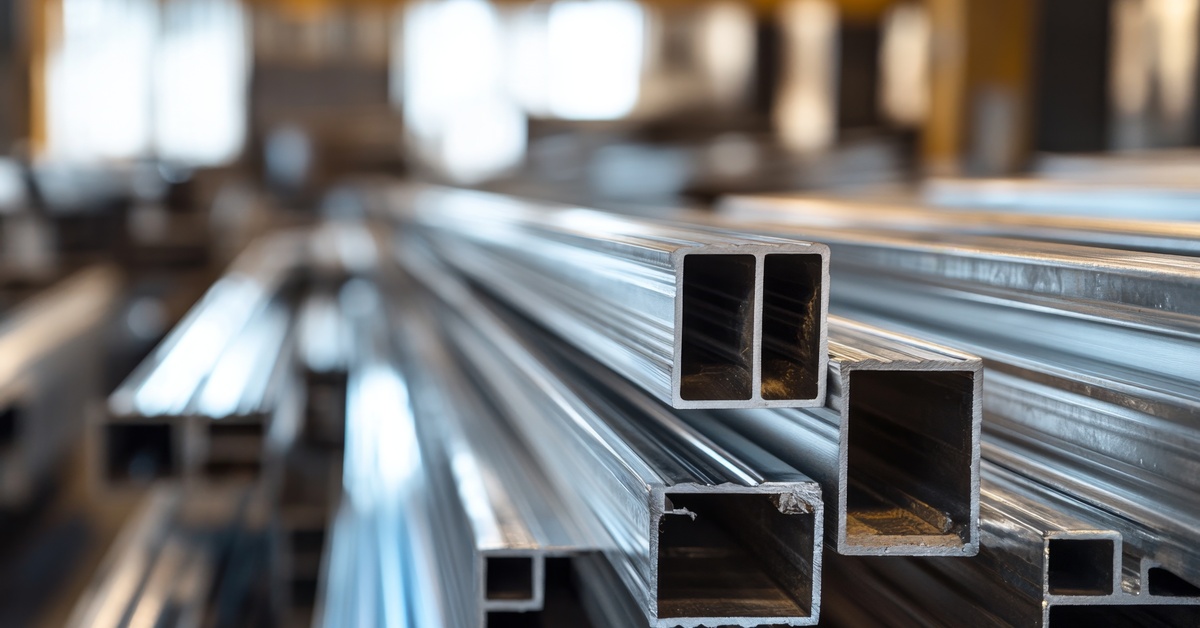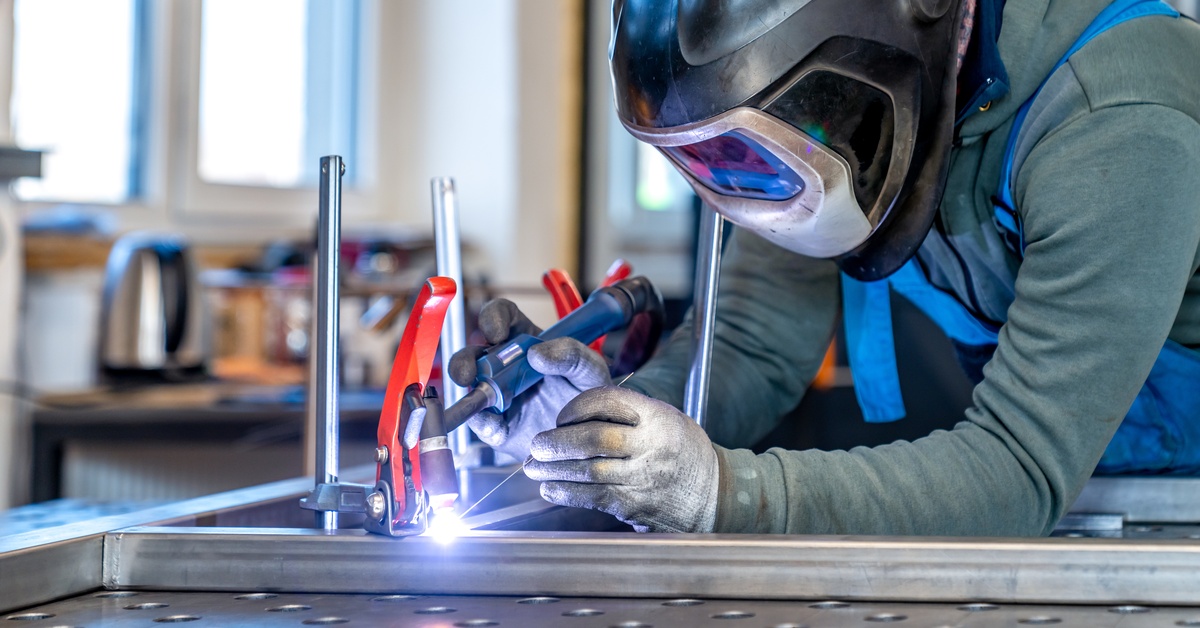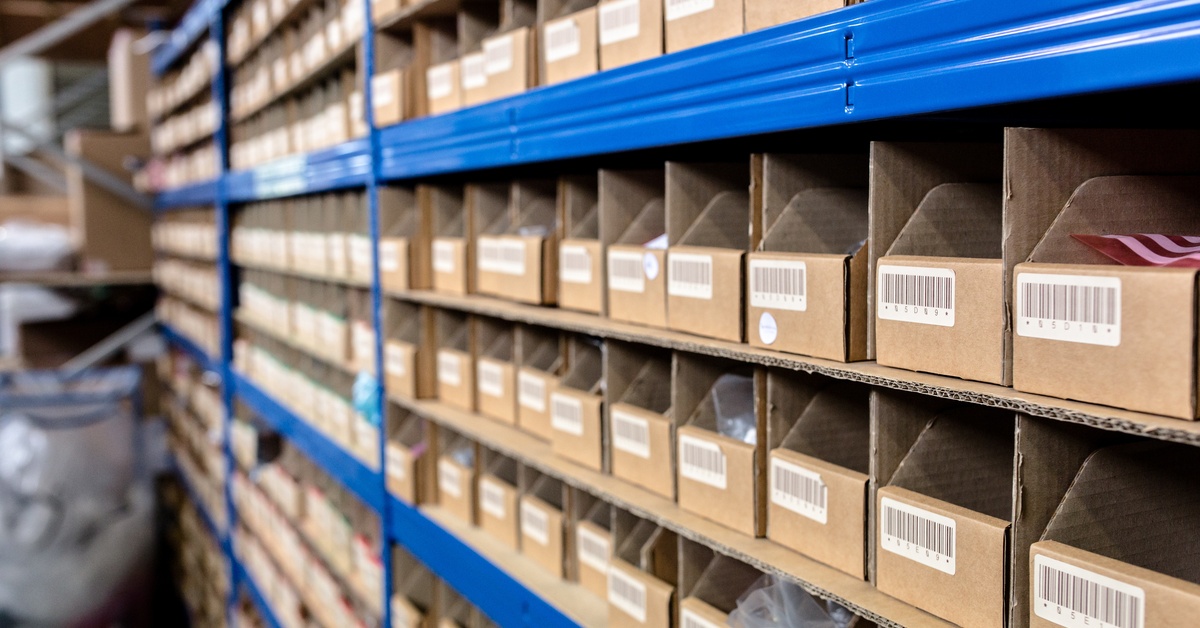
Aluminum framing is a staple in modern manufacturing, revolutionizing how industries build, assemble, and optimize their operations. This framing is critical across various industries with a wide array of applications.
Known for its strength, versatility, and lightweight nature, aluminum framing can enhance efficiency, reduce costs, and ensure long-term durability. Whether you’re designing modular workstations, automated machinery systems, or cleanrooms, aluminum framing has various applications to meet diverse manufacturing challenges.
Aluminum framing refers to structural systems composed of extruded aluminum profiles designed to create durable and adaptable frameworks for various applications. Manufacturers typically construct these frames using modular components, including T-slot profiles that allow for quick assembly and reconfiguration without the need for welding.
While aluminum framing is a vital material, it is essential to understand why it plays such a crucial role in manufacturing. Each of these benefits showcases how frames can play a role in various industries.
Aluminum offers exceptional corrosion resistance due to its naturally forming oxide layer. This layer protects the material from the effects of moisture and various chemicals, making it an ideal choice for use in industrial environments where durability is essential. Its ability to withstand harsh conditions contributes to a longer service life and reduced maintenance costs.
With sustainability becoming a prominent global concern, aluminum stands out as a highly recyclable material with a lower environmental impact compared to many alternatives. Its recycling process requires significantly less energy than primary production, making it an environmentally responsible choice for various applications.
The flexibility in aluminum’s design makes it easy to assemble and reconfigure. The modular nature of aluminum systems simplifies installation and allows for quick adjustments, a critical feature in fast-paced manufacturing environments where adaptability is essential for meet evolving demands.
With the advantages that aluminum framing presents, it has numerous applications that can help any facility. From safety to efficiency, aluminum fencing can enhance any workspace, no matter the industry.

Aluminum framing is common in the design and construction of modular workstations. These systems allow manufacturers to create ergonomic, customized work environments for employees by integrating adjustable heights, lighting fixtures, and storage.
Simple setups like this provide a streamlined and efficient space for employees to work. They work especially well in assembly lines that often rely on modular stations to accommodate workers performing repetitive tasks, ensuring comfort and efficiency.
Reconfiguration also allows employees to rearrange the aluminum framing as workflow changes or production needs evolve. This creates a more efficient space that can adapt to any need of the manufacturing setting.
Manufacturers prioritize safety in environments filled with high-speed machinery and moving parts. Aluminum framing allows for the creation of machine enclosures and safety guarding, protecting personnel from potential hazards without hindering productivity.
Clear panels allow for visibility into the machinery while maintaining safety. Combined with the aluminum framing, it provides both safety maintenance and clear visibility of needed machinery.
With tailoring, aluminum profiles can fit machines of varying sizes, ensuring a precise barrier without excessive bulk. The aluminum can suit the given space, and installation takes far less time when compared to traditional steel guarding systems.
Industrial automation is rapidly transforming the manufacturing landscape, and aluminum framing plays a vital role in this transition. From robotic arms to conveyor systems, aluminum structures form the backbone of many automation setups.
Lightweight aluminum allows for easy transportation of robotic cells. It also works well for reconfiguring the robotic cell, which is crucial for dynamic production environments. Aside from robotics, aluminum framing works very well when it is necessary to scale conveyor systems up or down. Whatever the operation requires, aluminum framing can make the process smoother and quicker.
Pharmaceutical and electronics manufacturing often occur in cleanrooms, where contamination control is crucial. Aluminum framing is an excellent material for constructing cleanroom walls, ceilings, and workstations. Its corrosion-resistant surface is easy to clean and meets the stringent cleanliness standards required by industries such as biopharma and semiconductor production.
Custom framing allows for seamless integration of panels, minimizing particle traps and maximizing cleanliness. In electronics manufacturing, electrically conductive aluminum prevents static buildup that could damage sensitive components.

Effective material handling and storage solutions are fundamental for maintaining operational flow on the manufacturing floor. Aluminum framing is popular for building racking systems, carts, and trolleys.
Racking systems are shelving systems designed to store tools, raw materials, and finished products. Their setup is the foundation for an efficient workplace and holds all the materials needed throughout the workday. Since aluminum is a lightweight material, any time a facility needs to adjust its setup, the alteration process is quicker than with other, heavier materials.
Carts and trolleys also utilize modular aluminum frames, creating lightweight, mobile carts that are ideal for transporting materials across production lines. Companies also rely on aluminum framing to adapt storage solutions for various shapes and sizes while maximizing space utilization.
Manufacturers often require custom fixtures for product assembly or testing. Aluminum framing stands out in this area for its adaptability and ease of assembly.
Aluminum structures hold components in place during welding or adhesive curing, ensuring precision and repeatability. With a stable structure to rely on, workplaces can function better and maintain a consistent output with each product.
Testing stations for quality assurance often use aluminum profiles thanks to their ability to incorporate sensors, cameras, and other testing equipment. By enabling quick prototyping and on-the-fly adjustments, aluminum framing significantly reduces downtime during design and testing.
From food processing to aerospace, aluminum framing is essential for designing specialized equipment that meets the unique demands of various industries. Its versatility and strength allow it to meet the unique demands of multiple applications.
This applies to packaging machines used in the fast-moving consumer goods (FMCG) world, slicing machinery for food and beverage production, and calibration equipment required in precision industries such as aerospace. This adaptability makes aluminum framing an indispensable component in creating efficient and reliable industrial solutions.
Whether you’re looking to enhance safety, improve efficiency, or scale your operations, aluminum framing has numerous applications to meet your manufacturing needs. Its modularity, lightweight nature, and strength have revolutionized how manufacturers approach facility design and process optimization.
If you’re considering aluminum framing for your next project, collaborate with A-Line Automation to ensure precise measurements, suitable material finishes, and long-term value for your investment. Our Bosch T-slot aluminum extrusions can provide the right aluminum framing for your manufacturing needs. If you’re looking to elevate your facility’s efficiency with the best materials, contact us today.